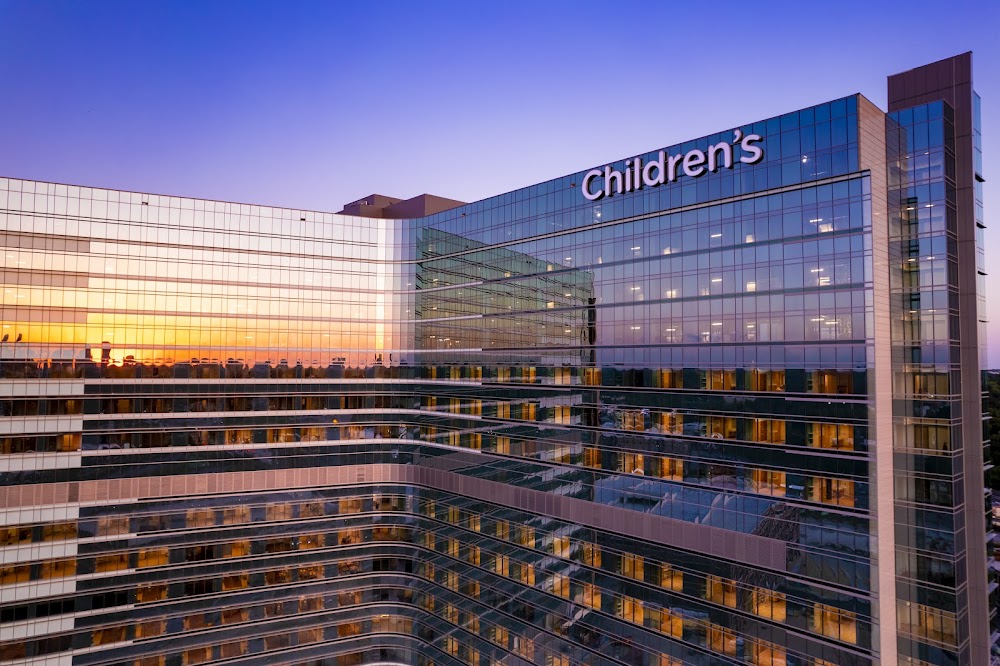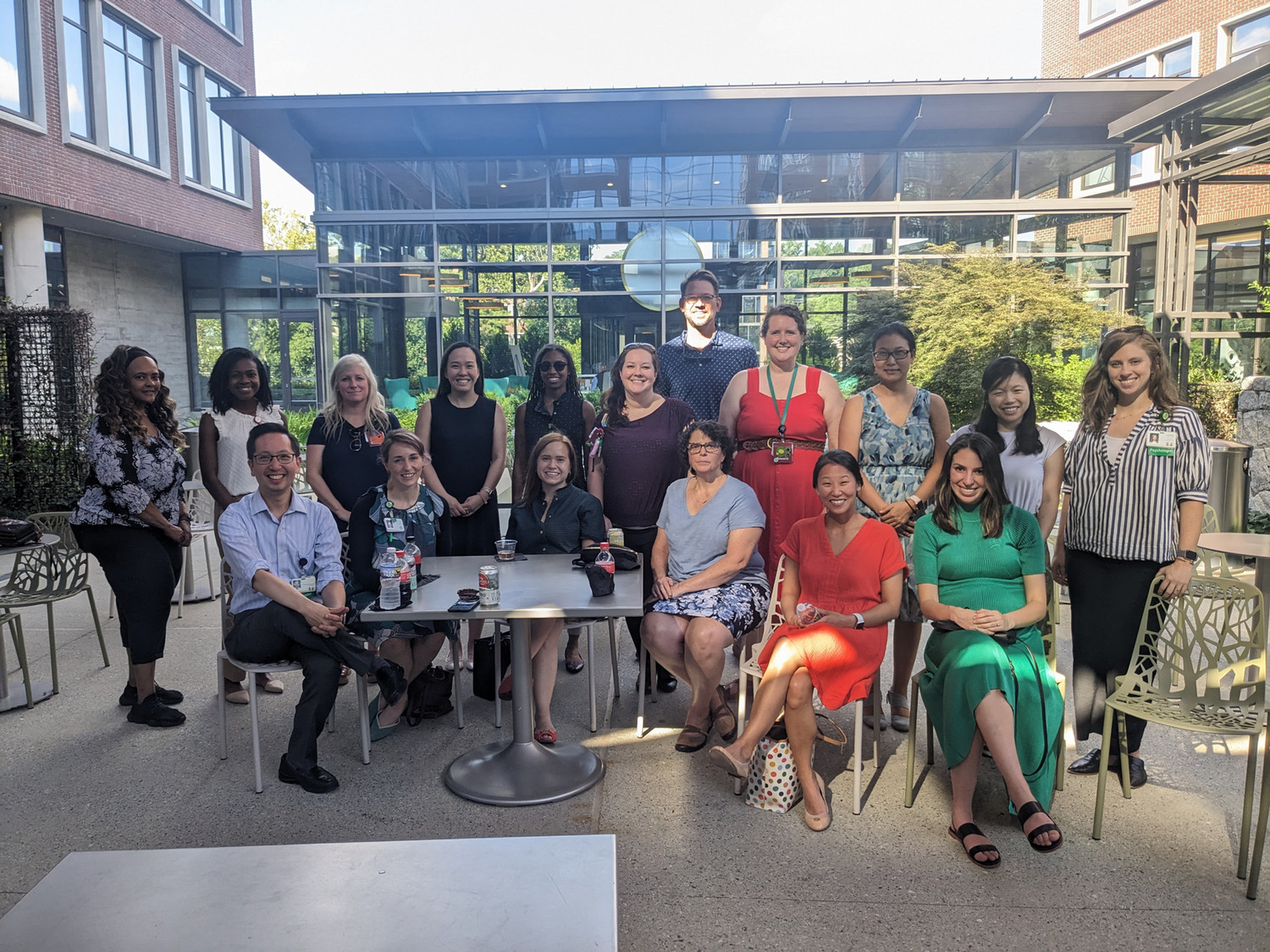About Allergy/Immunology Fellowship
The Emory University Allergy/Immunology Fellowship Program is an ACGME accredited two-year fellowship offered in collaboration with Emory University School of Medicine and Children’s Healthcare of Atlanta. The mission of the fellowship is to develop physicians that are clinically competent in the diagnosis and management of children and adults with allergic and immunologic diseases and related conditions. Our goal is for our trainees to have acquired the knowledge and skills to prepare them for excellence in any future academic or community practice setting and possess habits of life-long learning to build upon their knowledge, skills, and professionalism.
National Rankings
Emory ranks among the nation’s top pediatrics programs on the U.S. News & World Report list of “Best Medical School Specialty Rankings,” while Children’s Healthcare of Atlanta ranks among the nation’s top pediatric hospitals on the U.S. News & World Report list of “Best Children’s Hospitals.” As one of the largest pediatric care providers in the country, Children’s serves as the primary pediatric teaching site for Emory University School of Medicine. Together, with more than 500 physicians holding titles at both institutions, Children’s and Emory combine their clinical and academic strengths to train the next generation of pediatricians and pediatric subspecialists while also facilitating leading-edge pediatric research.
Why Atlanta?

In addition to our unique neighboring pediatric partners, Atlanta is full of diverse communities, walkable neighborhoods, a thriving arts and culture scene, and plenty of green spaces and sunny weather—it’s pretty easy to fall in love with our charming city.
Arthur M. Blank Hospital

Children’s Healthcare of Atlanta has opened a new 19-story hospital with two patient towers and 446 beds for specialized, empathetic care and training the next generation of pediatric physicians.
Allergy and Immunology Fellowship Curriculum
First Year
The primary pediatric allergy/immunology clinic is at the Children's Healthcare of Atlanta Center for Advanced Pediatrics.
- Fellows have their own pediatric continuity clinic where they evaluate and follow a variety of new patients while developing a patient panel they will follow during the first and second years. Fellows have their own schedule and are the primary provider, with the attending available for supervision and feedback.
- Adult Outpatient Experiences take place at the Emory Clinic and the Grady Asthma and Allergy Clinic. Fellows also receive a dedicated community allergy/immunology experience to learn the private practice aspects of our specialty. Fellows receive training under the mentorship of Dr. Stan Fineman, MD, MBA. Dr. Fineman is an adjunct associate professor at Emory University with forty years of experience and has received national honors such as the ACAAI Gold Headed Cane Award and the AAAAI Outstanding Volunteer Clinical Faculty Award.
- Pediatric Inpatient Experiences: Inpatient Service Fellows will spend time on the Pulmonology and Infectious Disease consult services, the Bone Marrow Transplant unit, as well as perform inpatients consults for Allergy/Immunology. They will perform inpatient rounds, complete consultations, communicate the care plan to the resident and attendings, provide teaching for residents, and ensure all patient care plans are carried out. In addition, fellows are encouraged to follow patients in their outpatient clinics after discharge.
- Adult inpatient consultations are performed at Emory University Hospital, located on the same campus as Egleston Hospital. Adult inpatient consultations are also performed at Grady Memorial Hospital.
Second Year
Fellows solidify clinical and team leadership skills. Fellows develop research skills through conducting a project in either basic/translational laboratory investigation or clinical investigation. Each fellow develops a hypothesis-driven research project culminating in publication of a manuscript or grant proposal.
- Outpatient Clinic: During two half days continuity clinic each week the fellow monitors patient panel collected during year one.
- Inpatient Service: Fellows take progressively more responsibility for patient care for inpatient consults; with supervision and teaching of the residents and first year fellow, in consultation with the attending physician.
- Scholarly Project: The fellow identifies a mentor and laboratory, and works during the first year to develop a research plan to be implemented in the second year.
Electives
Fellows also rotate through adjacent subspecialties in both the adult and pediatric populations including dermatology, rheumatology, pulmonology, otolaryngology, and Immune Dysregulation/Bone Marrow Transplantation.


